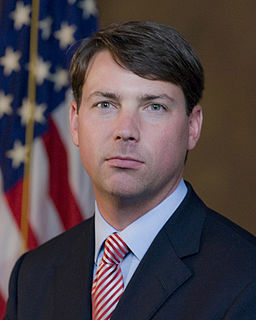A Quote by Edward de Bono
In the future, instead of striving to be right at a high cost, it will be more appropriate to be flexible and plural at a lower cost. If you cannot accurately predict the future then you must flexibly be prepared to deal with various possible futures.
Related Quotes
If Uber is lower-priced, then more people will want it. And if more people want it and can afford it, then you have more cars on the road. And if you have more cars on the road, then your pickup times are lower, your reliability is better. The lower-cost product ends up being more luxurious than the high-end one.
If you can predict where the market's going, just do what you can predict. If you can't, which is the presumption of dollar cost averaging or time cost averaging, either one, then you're trying to ease in. But if the market rises more than it falls most of the time, easing in is, by definition, a loser's game.
Perhaps you don't desire poetry as much as you would like to have my torchy knowledge of your possible futures, but I dare say poetry will do you far more good. For knowing the future only makes you timid and complacent by turns, while poetry can shape you into the kind of souls who can face any future with boldness and wisdom and nobility, so that you need not know the future at all, so that any future will be an opportunity for greatness, if you have greatness in you.
[Social legislation] raised the cost of production; and what can be more illogical than to raise the cost of production in the country and then to allow the products of other countries which are not surrounded by any similar legislation, which are free from any similar cost and expenditure freely to enter our country in competition with our own goods...If these foreign goods come in cheaper, one of two things must follow...either you will take lower wages or you will lose your work.
What Americans desperately need is a way to transition from the current system - which is fragmented and focuses on high-cost, high-tech interventions after illness strikes - to a modern system that delivers coordinated, high-touch, lower-cost, patient-centered care with an emphasis on primary care and prevention.
The more you observe life in relation to yourself the more you will see the fact that you are hardly ever correct when you think about something in the future. The future exists only in imagination; and that is why, no matter how hard you try to imagine it, you will not be able to predict the future with total certainty.
We spend our whole lives worrying about the future, planning for the future, trying to predict the future, as if figuring it out will cushion the blow. But the future is always changing. The future is the home of our deepest fears and wildest hopes. But one thing is certain when it finally reveals itself. The future is never the way we imagined it.
What will it cost [a person] to be a true Christian? It will cost him his self-righteousn ess. He must cast away all pride and high thoughts, and conceit of his own goodness. He must be content to go to heaven as a poor sinner, saved only by free grace, and owing all to the merit and righteousness of another.




































